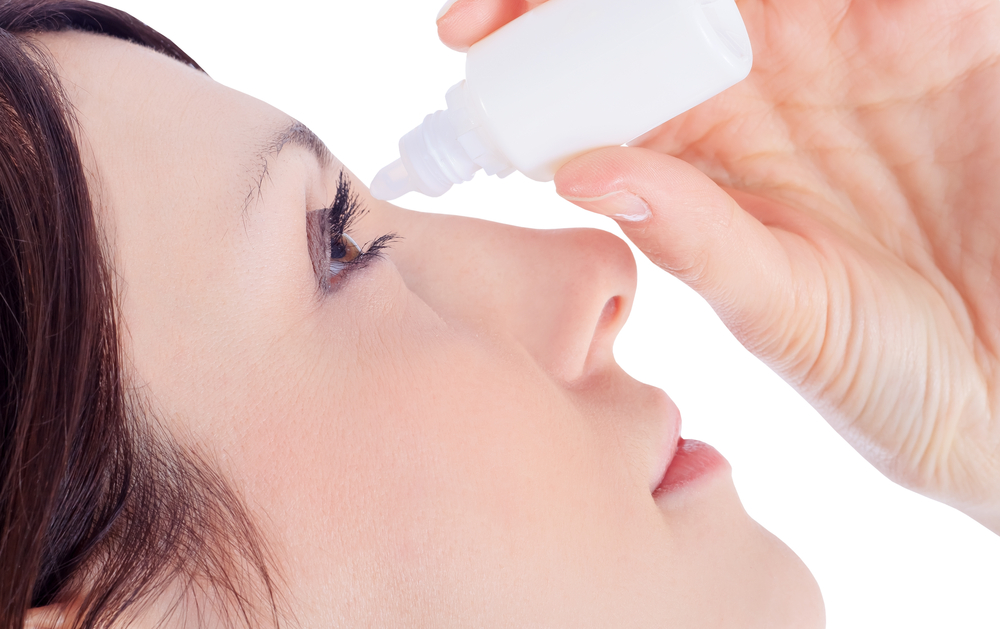
Are you familiar with the discomfort that comes along with dry eyes? Do you often find yourself rubbing your eyes due to an unexplained itchiness or a foreign body sensation? If you've experienced these symptoms, you're likely dealing with the effects of dry eye, a common yet often overlooked ocular issue.
What is Dry Eye?
Dry eye is a condition characterized by a lack of sufficient lubrication on the surface of your eyes. This can result from either decreased tear production or increased tear evaporation. Common symptoms include a stinging or burning sensation, sensitivity to light, redness, and a feeling of having something in your eyes. In severe cases, dry eye can even lead to blurred vision or eye damage.
The causes of dry eye can range from age to certain medical conditions and medications. However, one factor that often gets overlooked is the role of environmental conditions, particularly seasonal changes.
The Connection Between Seasonal Changes and Dry Eyes
Seasonal changes can significantly impact your eye health. As seasons shift, so do the environmental factors that contribute to dry eye, making it a year-round concern.
In the warmer months, increased temperatures lead to faster evaporation of the tear film that coats your eyes, leaving them dry and irritated. Simultaneously, higher pollen levels during spring and summer can exacerbate dry eye symptoms, especially for those with allergies.
On the other hand, winter brings its own set of challenges. With lower humidity levels, your tear film evaporates more quickly, leaving your eyes exposed and susceptible to dryness and irritation. Additionally, indoor heating systems that keep you warm and toasty also dry out the air, exacerbating dry eye symptoms.
Eye Care Tip to Improve Eye Health throughout the Year
Firstly, ensure a balanced diet rich in Omega-3 fatty acids, as they are known to improve the oil film in your tear layer. Stay well-hydrated to help maintain tear production and use artificial tears or lubricating eye drops if necessary.
Secondly, try to limit screen time or take frequent breaks if working on screens for prolonged periods. This is because staring at screens reduces blink rate, which can lead to dry eyes.
Finally, maintain good eye hygiene by cleaning your eyelids regularly to prevent the buildup of debris that can inflame and dry out your eyes.
When to See an Optometrist for Dry Eyes
Even with the best of care and preventative measures, there may be times when you might need to see an optometrist for your dry eyes.
If your symptoms persist despite your best efforts, it's time to seek professional help. An optometrist can conduct a thorough eye examination and determine the underlying cause of your dry eye.
Additionally, if you experience severe symptoms such as persistent redness, pain, light sensitivity, or changes in vision, don't hesitate to consult an optometrist. These could be signs of a more serious underlying condition that requires immediate attention.
Navigating Eye Care Throughout the Year
By understanding the connection between dry eye and seasonal changes, implementing eye care strategies for each season, and making lifestyle changes to improve eye health, you can keep your eyes comfortable and healthy all year round.
If you are experiencing symptoms of dry eye, schedule an eye exam with our optometrist for proper diagnosis and treatment. Visit Dunkirk Vision at our office in Dunkirk, Maryland. Please call (443) 964-6730 to book an appointment today.








